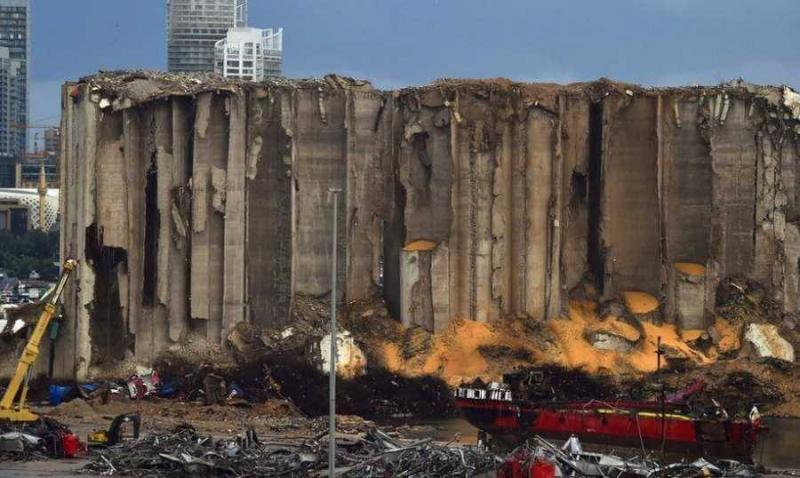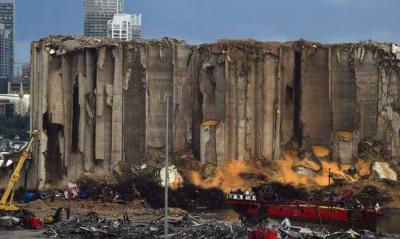The outcry over the assault on Bishop Moussa El-Hage, which continued at a high pace yesterday, has not overshadowed the escalating tensions surrounding the ongoing crises in living conditions and social issues, which are threatening to erupt widely in the near future. This is particularly evident as political deadlock has reached a point where it has paralyzed all attempts at resolution, leaving the state in a state of strike, retirement, incapacity, and negligence towards its minimum responsibilities to citizens. As another week of government crisis comes to an end, the apparent rift between President Michel Aoun and caretaker Prime Minister Najib Mikati persists, amid ongoing paralysis in all state departments and institutions, while the strike of public sector employees continues to extend.
The crises of fuel supply, securing oil, as well as the ongoing bread, flour, and medicine crises have resurfaced, raising concerns that the electricity crisis may lead to prolonged total darkness. Concerned circles warned, according to "An-Nahar," that without a rapid breakthrough to alleviate the escalating tensions in the country due to worsening living and service crises, and rampant exploitation during the employees' strike—followed by the strike of Central Bank employees—a gradual escalation in protests on the streets is expected. The initial signs of this escalation are already appearing, and it is projected to increase as the political deadlock shows no signs of resolution.
Furthermore, there are expectations that the commemoration of the second anniversary of the Beirut port explosion on August 4th will take on a dual character, turning the occasion into a massive popular station. On one side, the commemoration amid the continued suspension of the judicial investigation into the explosion will be a platform for widespread public escalation against the entire political structure, following two years of obstruction. On the other side, the second anniversary of the explosion will serve as a new impetus for the public protest movement, which has significantly waned since before the parliamentary elections.
Concerns indicate that the approach of the presidential election at the time of the anniversary will play a role in igniting public fervor for the commemoration, possibly leading the country to witness a revival of one of the major forms of public expression.




